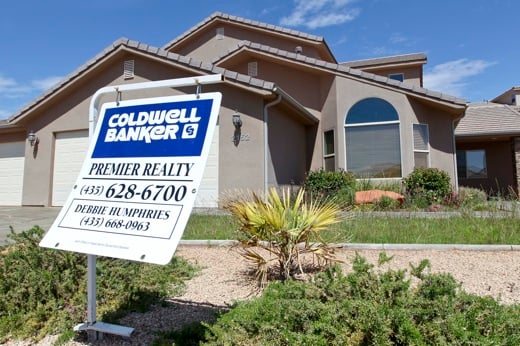New York leads the U.S. as the most expensive state for mortgage closing costs, with average fees to buy a home rising 10 percent from last year, Bankrate Inc. said.
Origination and title costs on a $200,000 mortgage in New York average $6,183, compared with $5,623 in 2010, according to an annual survey released by Bankrate today. Nationwide, closing costs on the same-sized loan average $4,070, up 8.8 percent from a year ago, the North Palm Beach, Florida-based company said. (Click on the following link to view the
ten states where closing costs are the highest)
The rise in closing costs follows stricter bank lending and regulations imposed after the housing crisis, said Greg McBride, senior financial analyst for Bankrate. Fannie Mae and Freddie Mac, the largest U.S. mortgage-finance companies, have tightened more than a dozen loan qualifications since being seized by the government in 2008, and proposed rules under the Dodd-Frank Act may further tighten weaknesses in the mortgage system.
“Increased regulation is driving up costs for lenders, and those costs ultimately get passed on to borrowers,” McBride said in a telephone interview. “The amount of diligence in underwriting is certainly warranted after the collapse, but it comes at a higher cost.”
Texas is the second-priciest state in the U.S. to close a mortgage. Costs there average $4,944, a 5 percent rise from $4,708 last year. Utah was third, at $4,906.
New York and Texas have held the top spots for five years, Bankrate said.
The cheapest places for closing costs are Arkansas, North Carolina and Indiana, according to Bankrate. Arkansas fees total $3,378, with North Carolina at $3,410 and Indiana at $3,430.
Closing costs include fees charged by lenders, as well as third-party fees for services such as appraisals and title insurance. The survey excludes taxes, property insurance, association fees, interest and other prepaid items.
Bankrate surveyed as many as 10 lenders in each state in June, and obtained online estimates for a $200,000 mortgage to buy a single-family home with a 20 percent down payment. The good-faith estimates weren't necessarily what borrowers actually paid when their loans closed.
--Bloomberg News--







